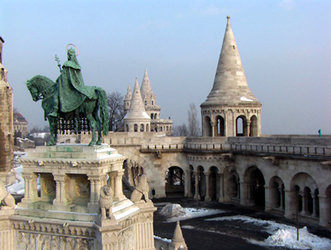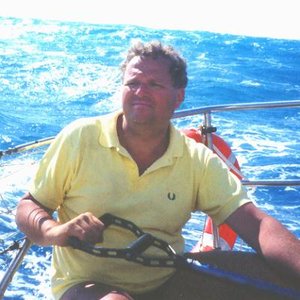ESA networking activities in the Biotechnology community
ESA used BioSquare, one of the most important networking events of Europe's biotechnology industry, to promote the unique opportunities that research aboard the International Space Station offers to the Biotechnology community.
Teaming up with the Swiss-based 'Space Biology Group' and the international biotech company EMBLEM, ESA showed that biotechnology and space business can create a truly worthwhile profitable symbiosis of business interests.
The Space Biology Group is Europe's leading space biology expert, with more than 30 years of space biology experience and over 25 projects conducted aboard manned space laboratories. EMBLEM is the commercial arm of the European Molecular Biology Laboratory.
“ESA has not only the facilities and the know-how to bring the biotech industry to space, but we can also provide fully-fledged biotechnology and space research expertise through our partners like the Biotechnology Group and its Biotechnology Space Support Centre, Biotesc, and EMBLEM”, explains Frank M. Salzgeber, Head of Commercial Development at ESA's Human Spaceflight and Microgravity Directorate. “In addition, our Commercial Agent ISS Lab Ruhr GmbH offers assistance in realising the logistics and organisation part of the space project. It's a comprehensive package.”
The synergy-approach of ESA and its partners was well received by the biotechnology community at BioSquare. Intense discussions with industry representatives and one-to-one meetings showed that the awareness of and the interest in ISS space research opportunities in the biotechnology sector are growing steadily.
There is great potential for commercial R&D in the biotechnology sector. An example is the cultivation of cells in bioreactors in weightlessness conditions to observe and make use of changed cell functions. “Modern biotechnology conducted in space is still in its infancy”, says Marcel Egli, Head of the Space Biology Group. “It has potential for the future and the most exciting promise lies in space research.”








